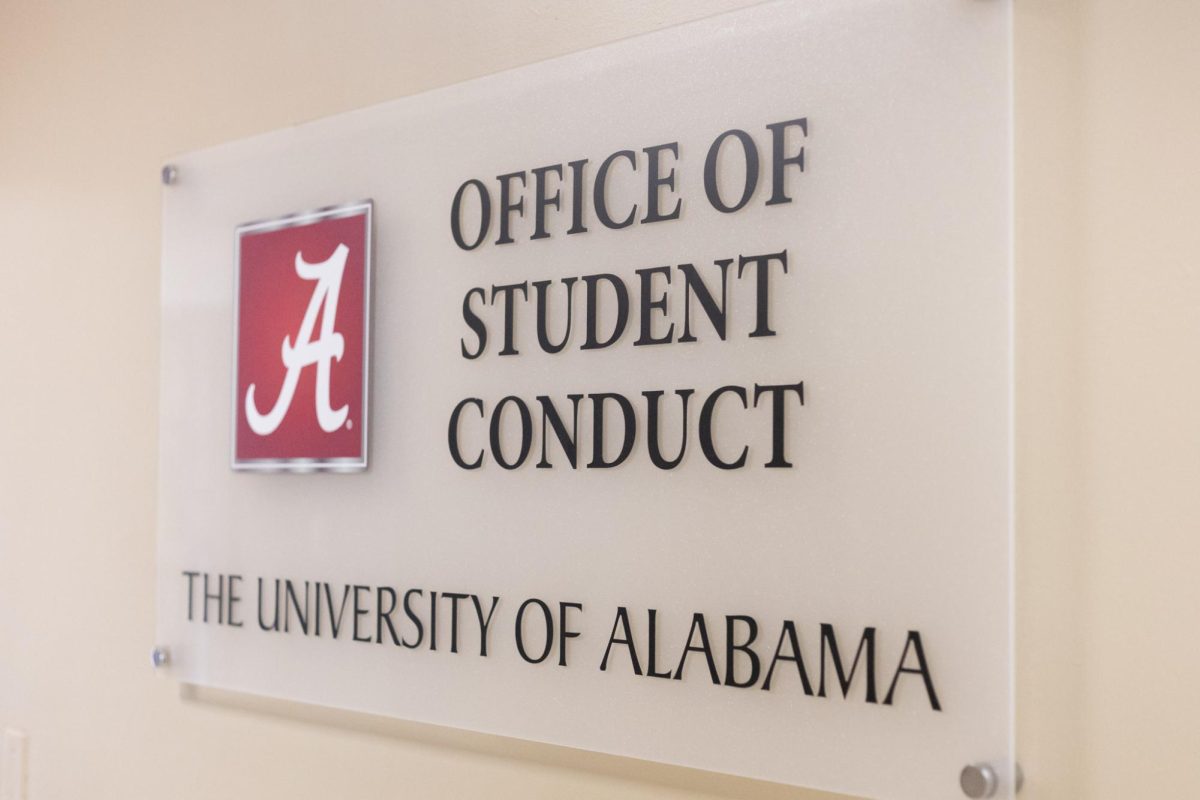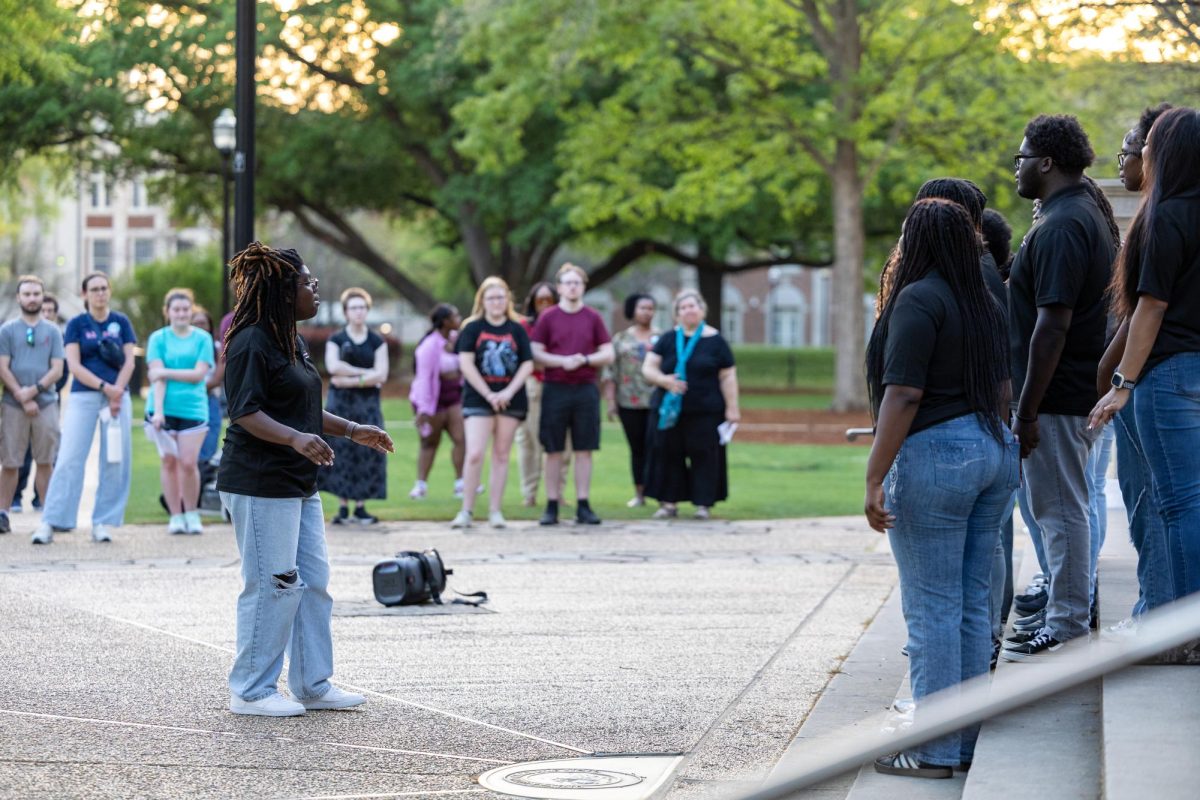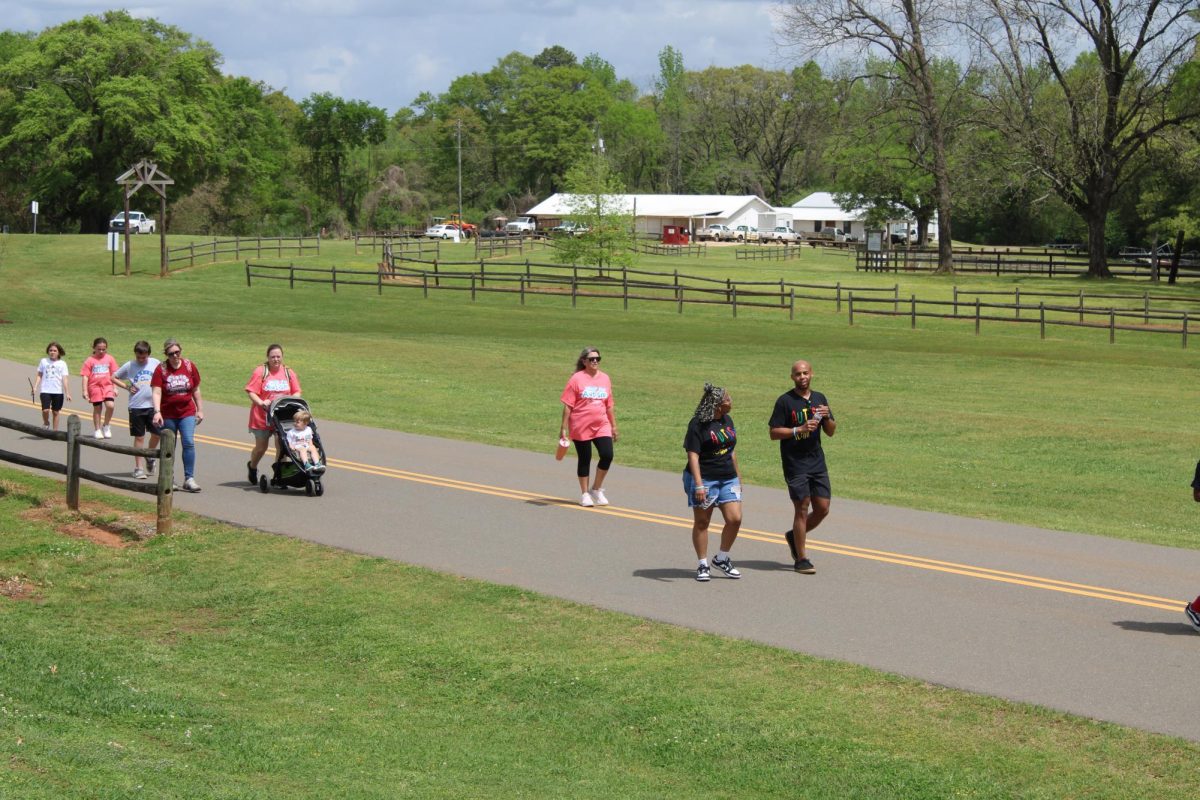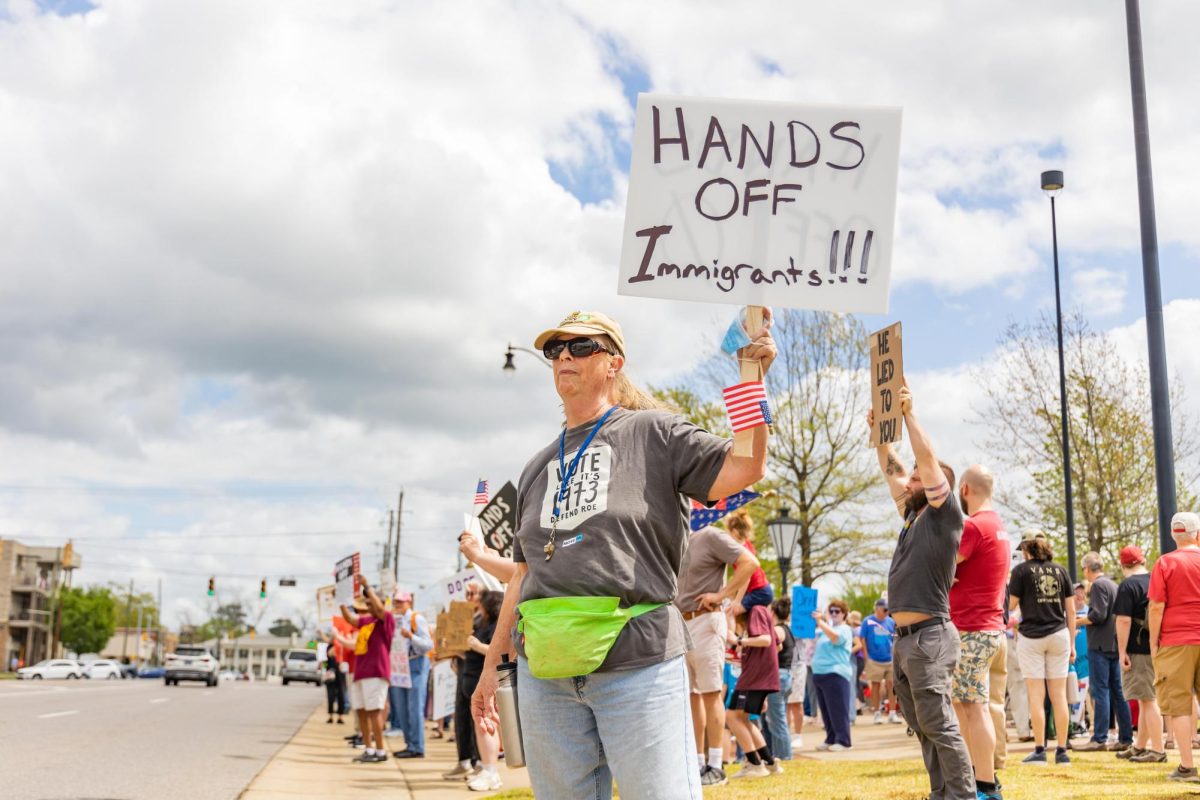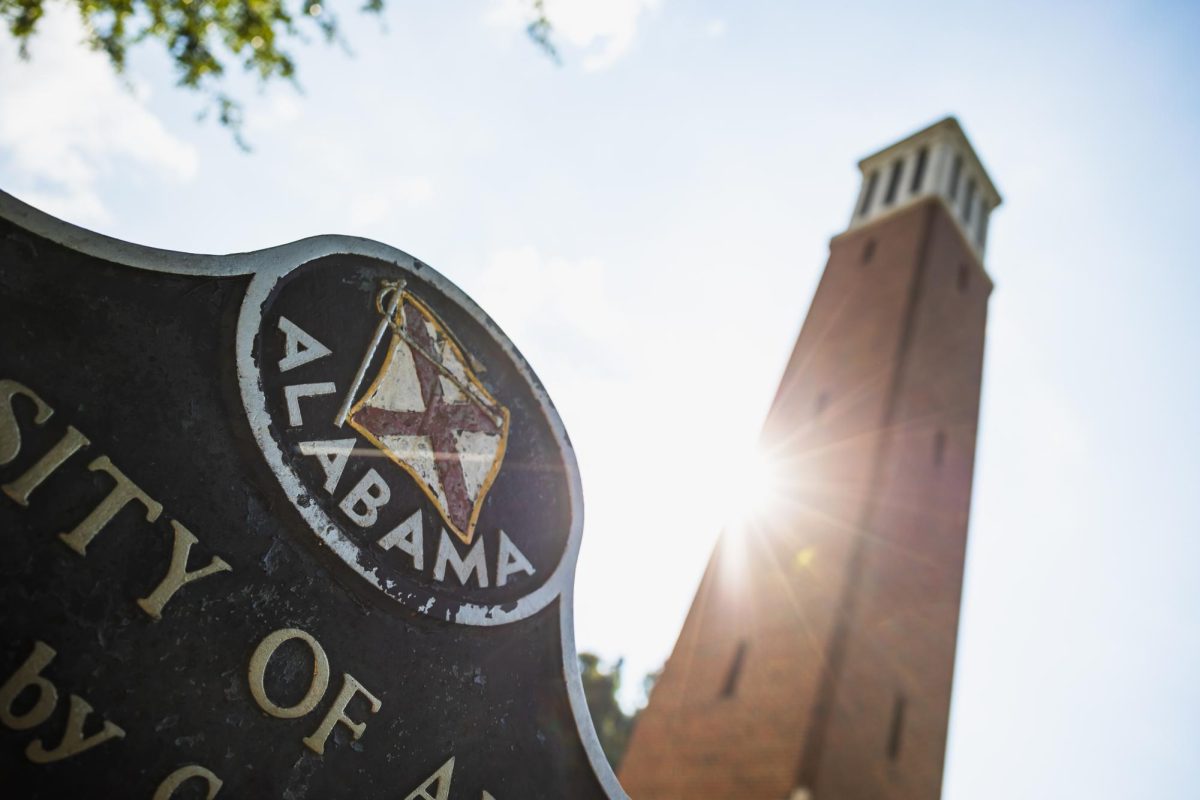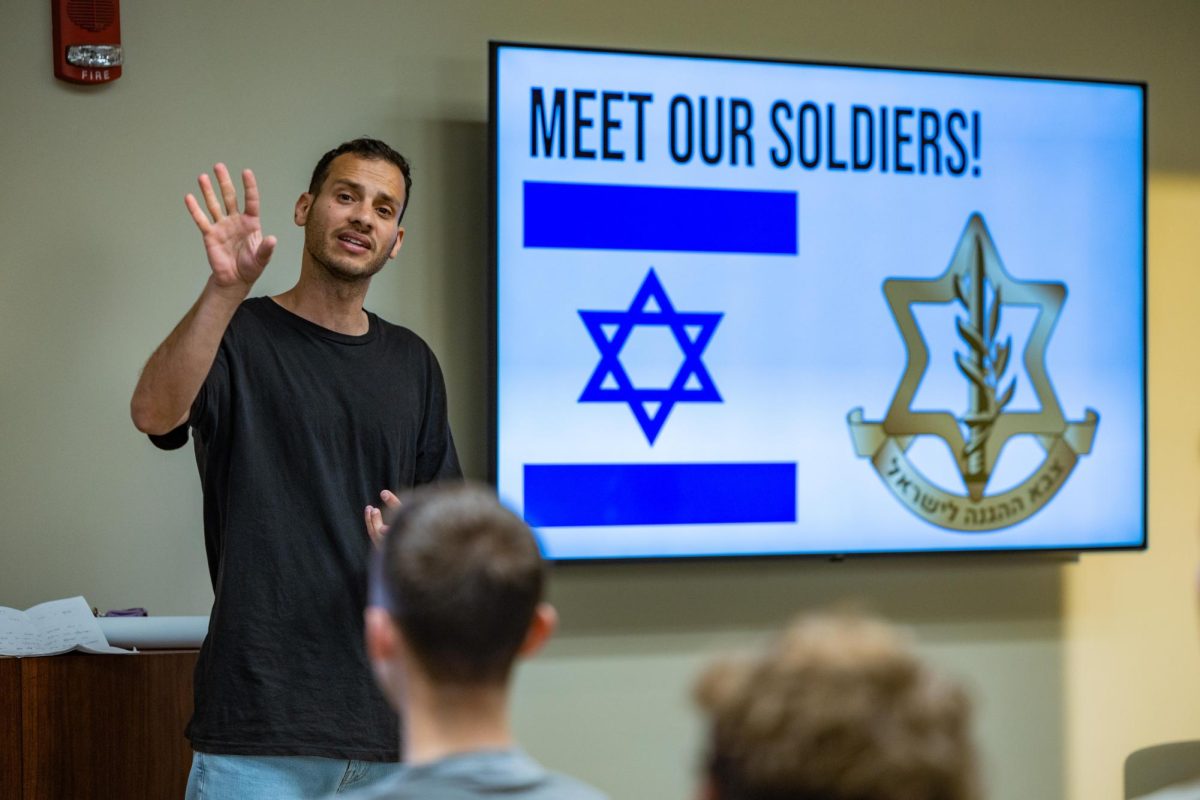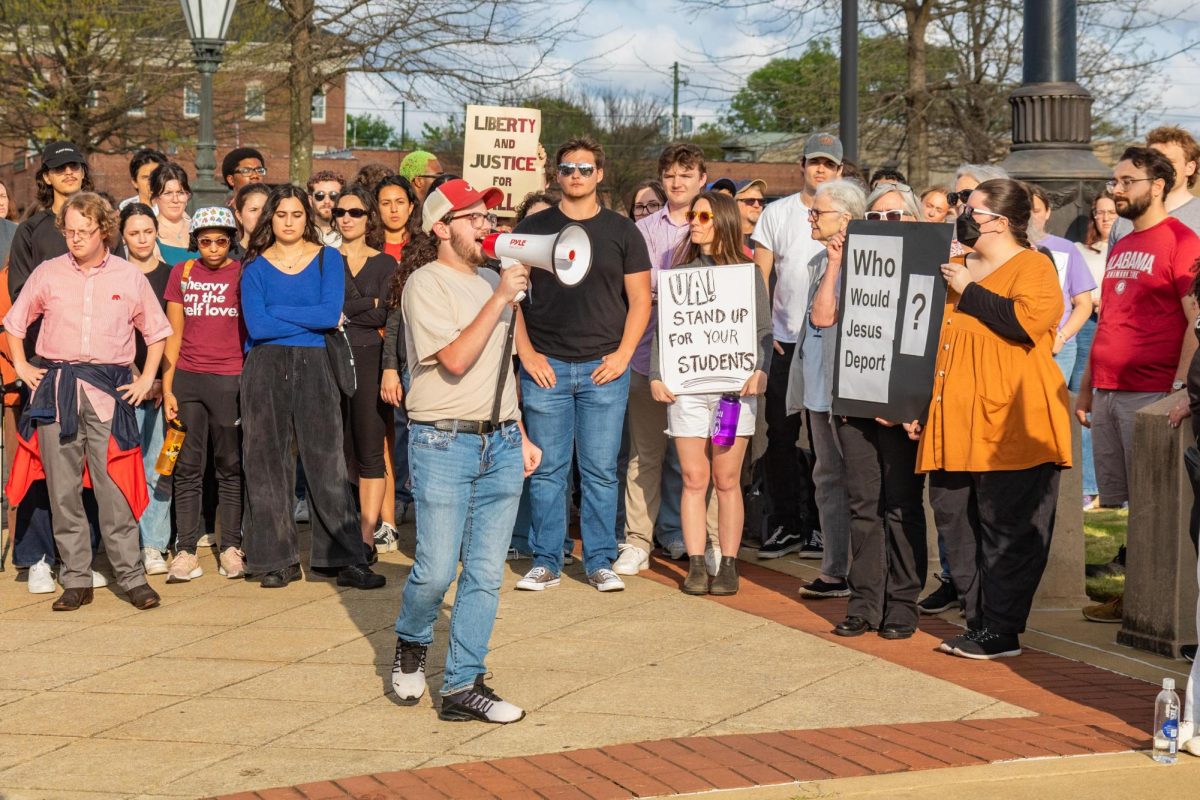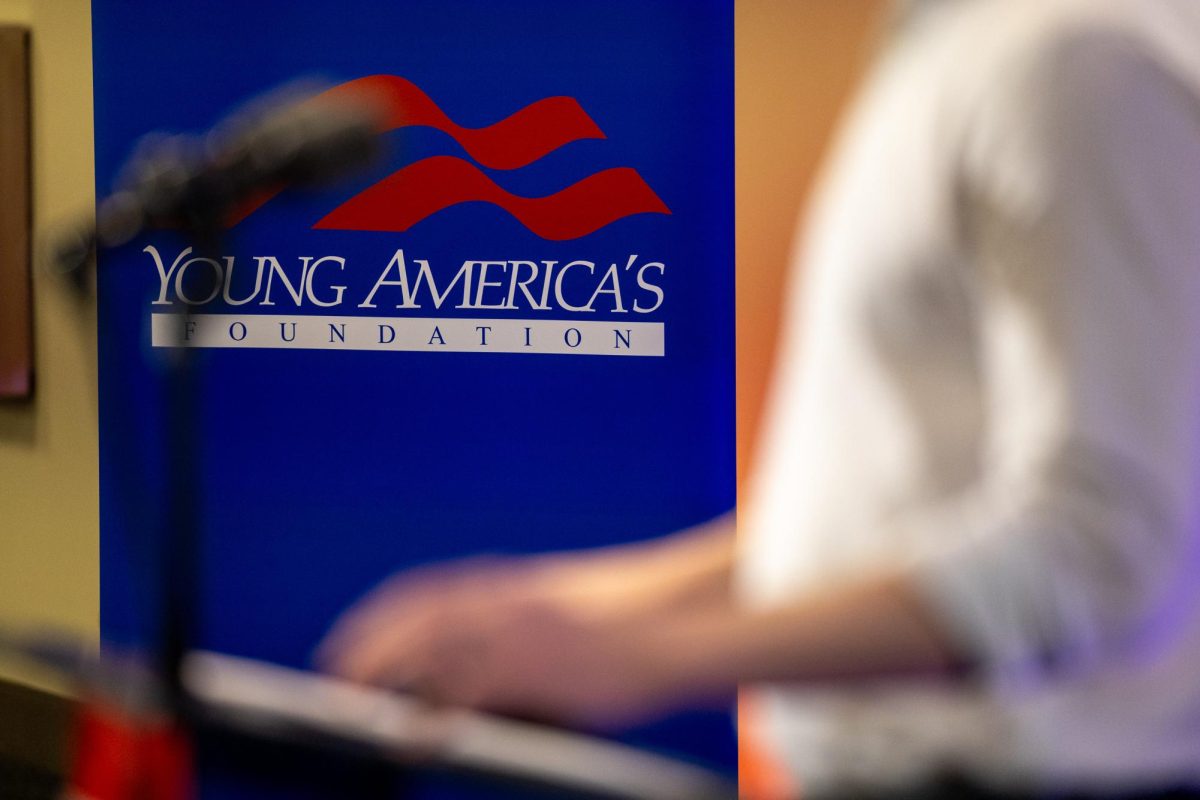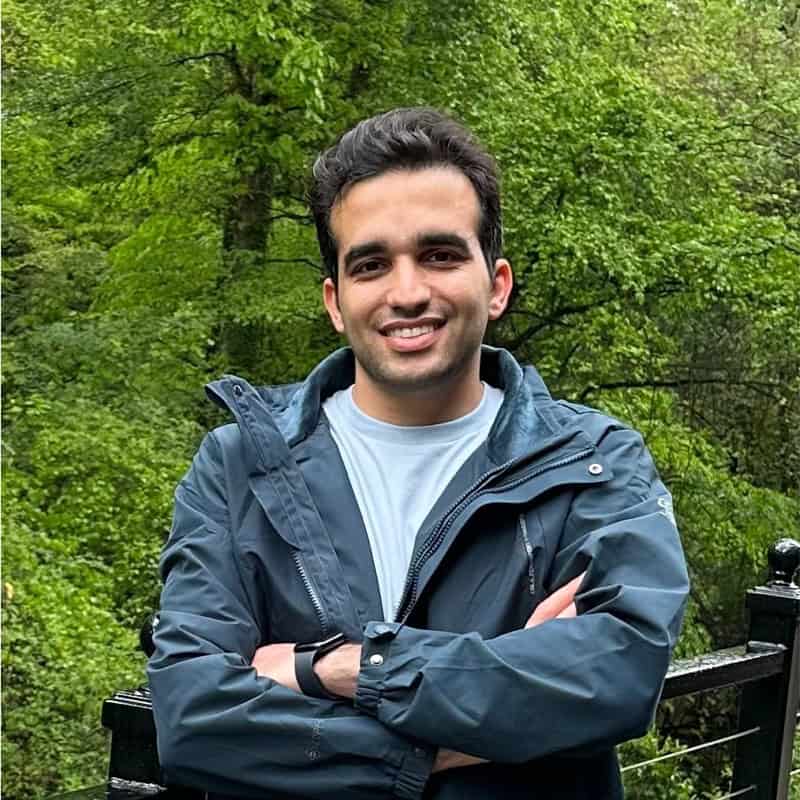The University changed the Code of Student Conduct in an effort to prevent election intimidation. The changes came after a previous Homecoming Queen candidate publicly stated that she was coerced into dropping her campaign.
Last month, Maria Derisavi, a former Homecoming Queen candidate who withdrew from the October 2024 race three days after making it onto the court, shared her side of the story in The Crimson White.
“I faced a relentless intimidation effort intended to coerce me to withdraw from the court,” she wrote, requesting a change in the University Code of Student Conduct.
Derisavi argued that the Code of Student Conduct “protects students who seek to manipulate on-campus elections through harassment and intimidation tactics.”
A week after the story went out, Derisavi said the Office of Student Conduct reached out to her informing that there has been a change in the Code of Conduct.
The new change prevents “discouraging a student from participating in a campus election as a candidate through conduct that otherwise violates the Code, including, but not limited to, using threats or harassment to push or persuade a student to not seek an elected position.”
Derisavi voiced her gratitude for the change and its future impact.
“This change in the Code of Conduct marks a significant step towards a future in which all students can feel safe and protected as they pursue on-campus opportunities,” she said. “I appreciate the seriousness with which the University has responded to this issue, and am grateful that my experience, though unfortunate, could be used to garner change on this campus.”
She added that the change was an effect of four months of efforts to make it happen.
“The effort to amend the Code of Conduct to protect future candidates included over four months of meeting with and lobbying University administration officials,” she said. “These efforts included proposed language additions to ensure strengthened protections within the Code.”
Elizabeth Prophet, an alum of the University and former senator for the College of Social Work, commended Derisavi for speaking about her experience.
“I’m really proud of her for having the bravery and courage to add her opinion to the long line of people who have come out and spoken about this,” Prophet said.
While Prophet said that the change is good, she also added that it’s just the first step. She said that this does not address the core issue and that a lot more change is needed.
“There needs to be a lot more done to prevent, and let’s say it for what it is, the Machine from interfering in campus elections,” she said.
The Machine, or Theta Nu Epsilon, is a not-so-secret organization of select historically white fraternities and sororities designed to influence campus elections and policies.
Over the years, the Machine has been accused of using extreme methods to influence elections, including burglary, cross-burning and vandalism. In 1993, the SGA was disbanded for three years after an independent SGA presidential candidate was assaulted.
While Derisavi did not explicitly say who intimidated her, Prophet, during her time in the SGA called out the Machine, and she continues to do so.
Prophet added that further action from the University and an SGA advisor who acknowledges that the Machine is real are needed. She also added that the University should acknowledge the history of racism and oppression perpetuated on campus.
“The University needs to name the problem, say the words, the big bad words, big bad M word, Machine,” she said.
The University did not answer questions about the Machine or if any further action would be taken in Derisavi’s case, saying that conduct information related to individual students cannot be shared because of federal privacy laws. Historically, the University has declined to acknowledge the organization’s existence, despite decades of reporting suggesting it does.
“The University regularly assesses the content of its policies and makes changes or adjustments when appropriate,” Alex House, associate director of communications and media relations, said in an email. “Updates were recently made to the Code of Student Conduct to enhance the clarity of existing provisions in an effort to make certain students better understand what conduct to avoid in the context of student elections.”
John Richardson, a UA alum who was a presidential candidate in 2023 SGA elections, said in an email statement that while this change is not going to solve the problem overnight, “it could instigate a cultural shift toward a campus where students are encouraged to run and are celebrated when they do.”
“Too often, students with a desire and capacity to serve have been pressured, harassed, or intimidated into silence,” Richardson said. “A culture of fear involving elections has perpetuated at the University for decades, and it robs our campus of its best and brightest voices.”
During his campaign, Richardson was faced with multiple code violations, including a major violation not listed in the elections manual.
“During my campaign for SGA President, there was a coordinated effort to overwhelm and disqualify our team by abusing the election manual and election board,” Richardson said. “These tactics were not spirited competitions of a healthy democracy — they were designed to silence and discourage students who dare to challenge a long-standing system.”
Richardson added that none of the previous incidents of forcing candidates to withdraw initiated this change because these incidents are deeply personal and the code of conduct is not the victims’ first choice for justice.
“The campus community has not always met these movements with urgency or moral clarity. This proposed change is significant because it signals that our institution is finally acknowledging what so many students have experienced,” Richardson said. “It creates a pathway to action and protection, where students felt there was none.”
When asked about what further actions could be taken by the University, Richardson added that the University must “meet this reality with more than symbolic gestures,” adding that students who pursue leadership deserve protection.
“If we want to attract the best and brightest, we must also provide them space to lead with courage,” he said. “We cannot ask students to be leaders while allowing them to be bullied into silence.”
Richardson said that the University has stood on the sidelines for too long and that no student should have to decide between their future and their desire to serve their peers.
“The proposed change is not controversial,” he said. “It is common sense. It is a beginning. A chance to say, ‘We can be better.’”
Editor’s note: This story was updated Feb. 20 with additional information.



